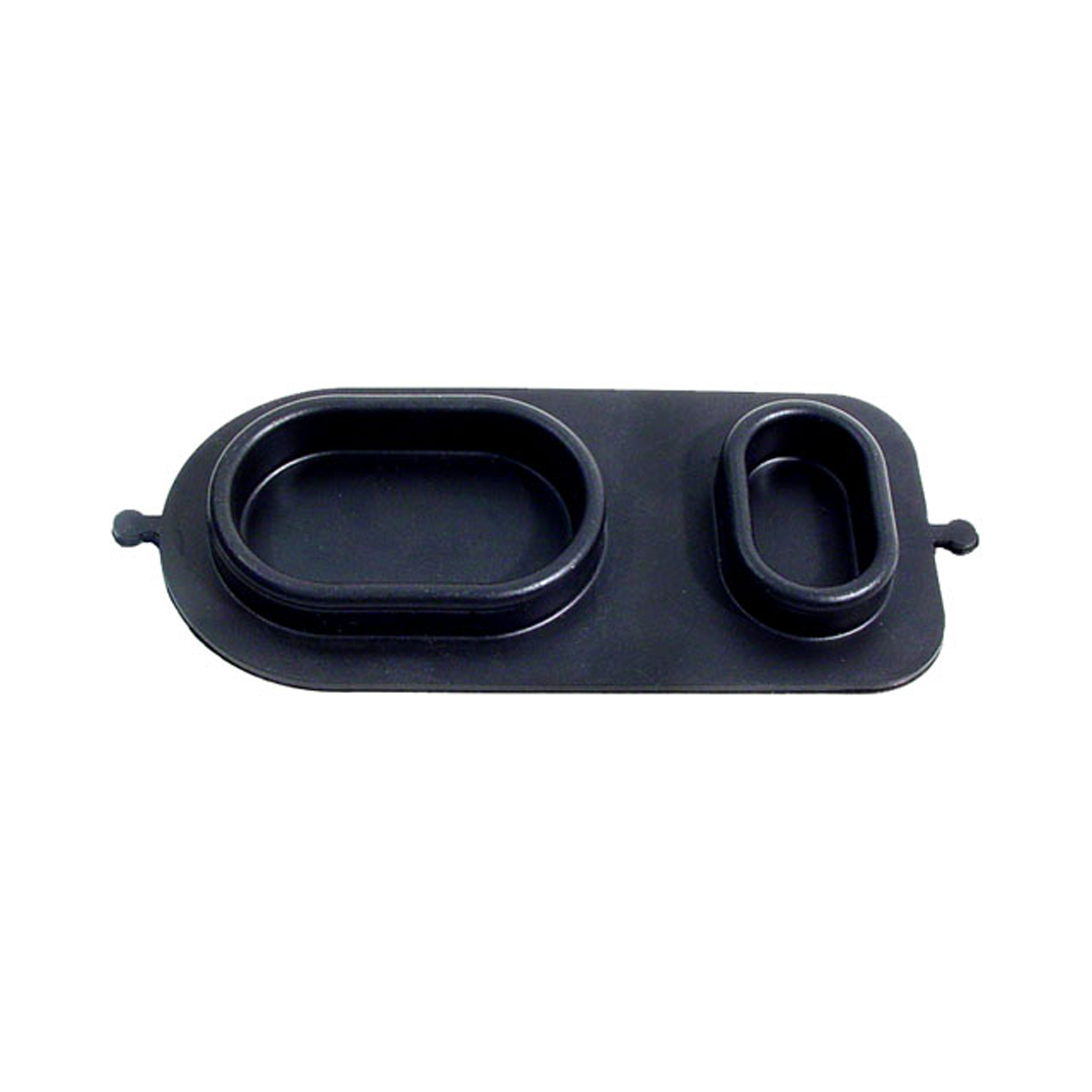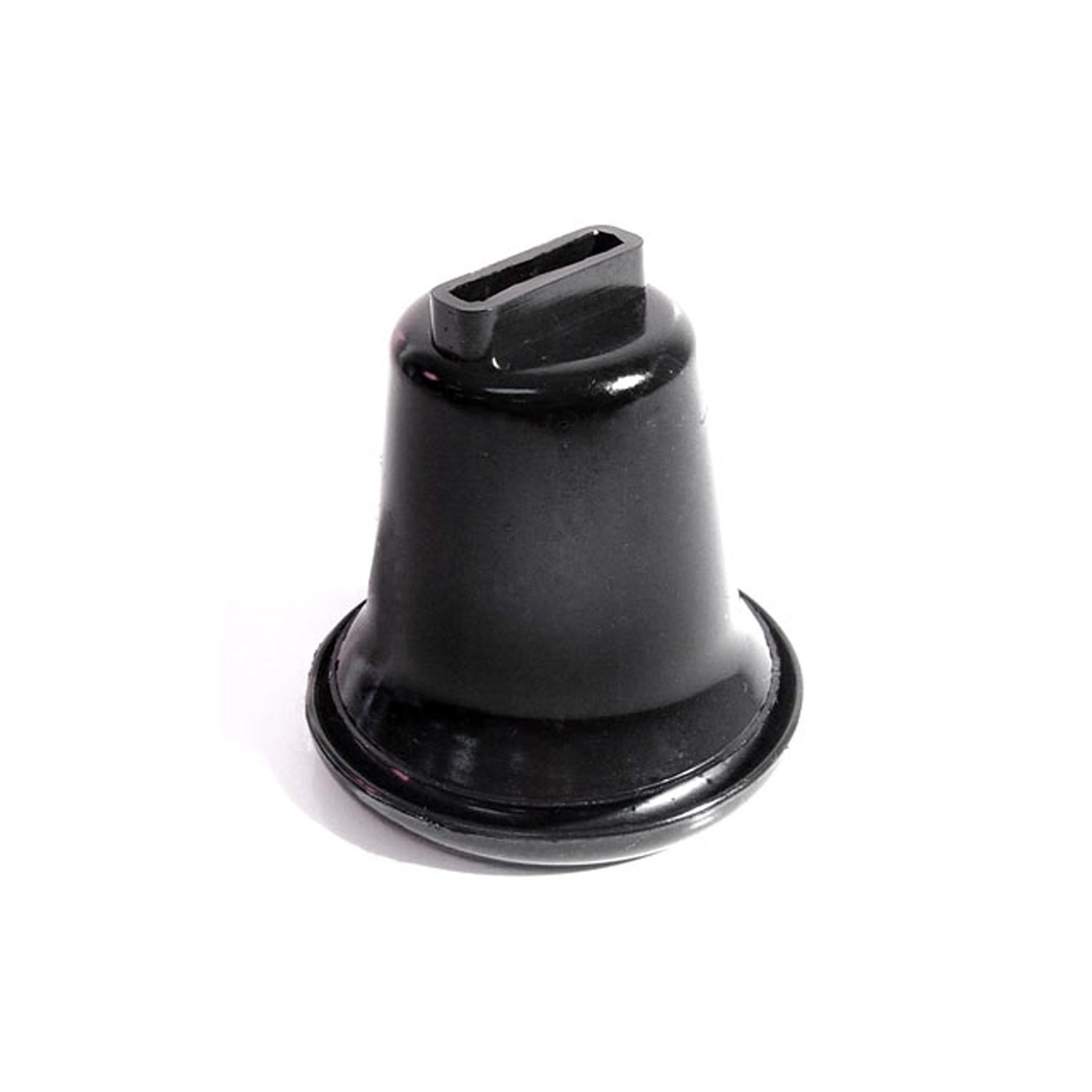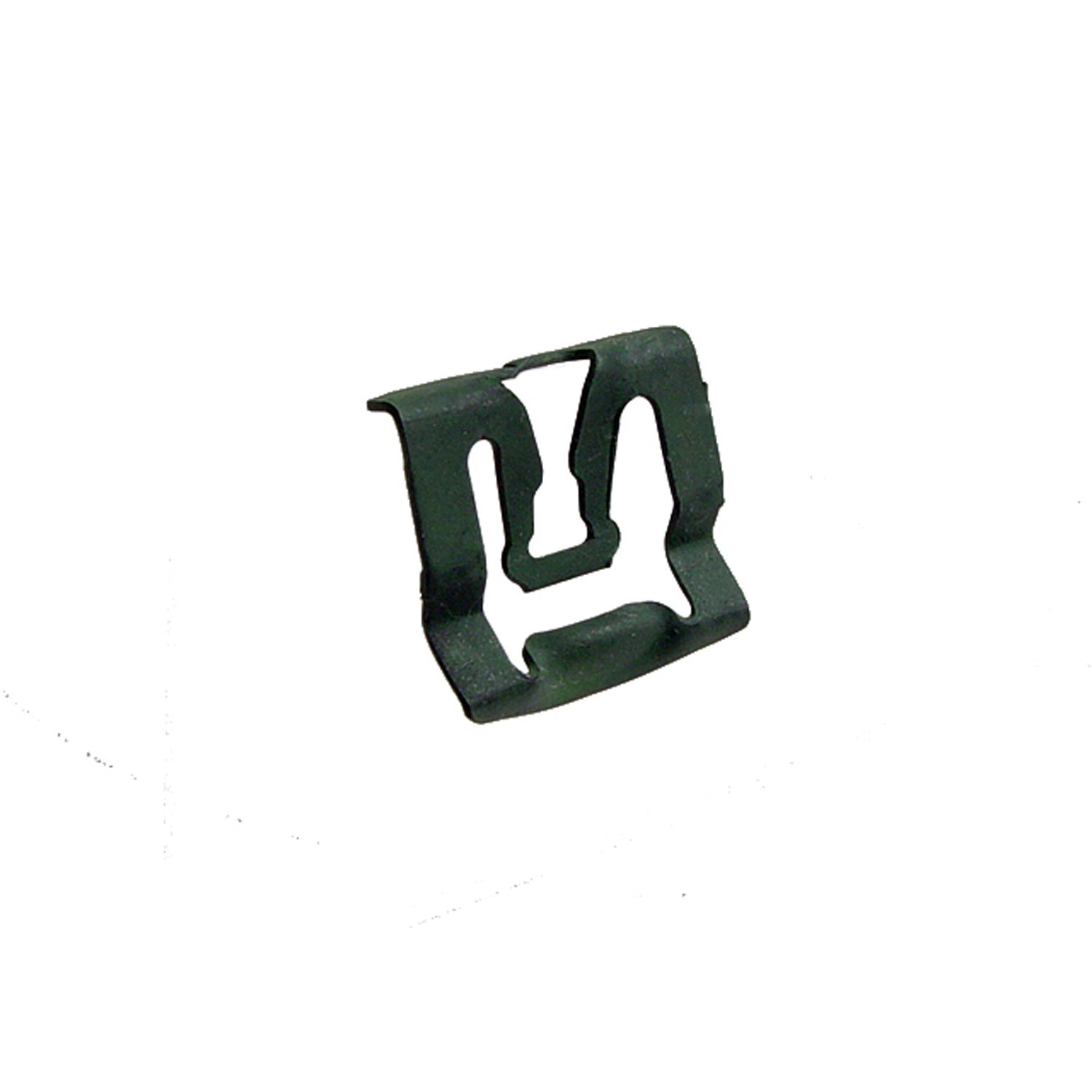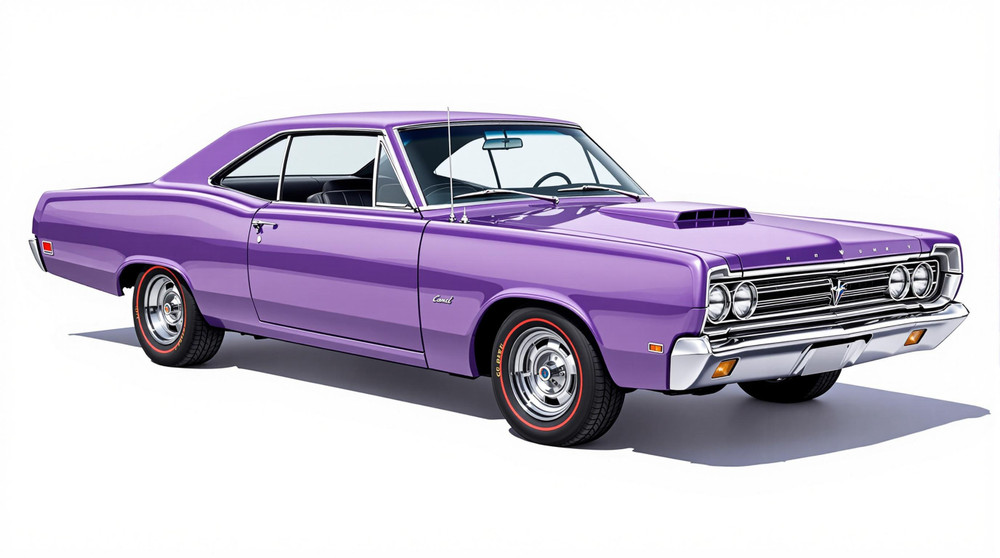Image of 1969 Mercury Comet, Note: These illustrations use artistic license and may differ from actual historical models.
Performance Metrics
Fundamental Metrics
Emotional Appeal
MMP Rating
| Engine Specifications | |
|---|---|
| Engine Options: | 200 CID I6, 250 CID I6, 302 CID V8 |
| Displacement Range: | 200-302 cubic inches |
| Horsepower Range: | 115-210 hp |
| Torque: | 190-296 lb-ft |
| Compression Ratio: | 9.0:1 |
| Ignition System: | Conventional breaker-point ignition system |
| Cooling System: | Liquid-cooled |
| Performance Specifications | |
| 0-60 Time: | Estimated 10-12 seconds |
| 1/4 Mile Time: | Estimated 17-19 seconds |
| Top Speed: | 105-115 mph |
| Transmission and Drive | |
| Drive Type: | Rear-wheel drive |
| Transmission Type: | 3-speed manual, 4-speed manual, 3-speed automatic |
| Fuel and Efficiency | |
| Fuel System Type: | Carburetor |
| MPG: | Estimated 10-15 mpg |
| Dimensions and Brakes | |
| Brakes: | Front disc and rear drum brakes |
| Wheelbase: | 111.0 inches |
| Weight: | 2,800-3,200 lbs |
Note: Specifications for classic cars are given to the best of our ability, considering the limited and variant data available.
Unveiling the Understated Elegance of the 1969 Mercury Comet
The 1969 Mercury Comet emerges from the shadows of automotive history as a testament to understated elegance and American engineering. Born from the stables of Mercury, a division of the Ford Motor Company, this vehicle encapsulates a period of transition and innovation. As the 60s era of muscle cars and space race technology was giving way to a new decade, the Comet held its ground with poise and a quiet dignity that belied its performance capabilities. Notably, this model year marked the end of an era for the Comet nameplate, making it a poignant chapter in Mercury's lineage.
Design and Innovation: A Blend of Style and Substance
The 1969 Mercury Comet boasted a design that balanced muscular lines with refined styling cues. The car's exterior featured a long hood and short deck profile, which was a popular design ethos of the time, giving it an aggressive yet sophisticated stance. The grille presented a horizontal theme that led to sleek headlamps, while the taillights were integrated smoothly into the rear design, creating an uninterrupted flow from front to back. Inside, passengers were treated to an interior that prioritized comfort without skimping on quality. Upholstery options ranged from durable vinyl to plush cloth, ensuring a premium feel regardless of configuration. Woodgrain accents on the dashboard and door panels added a touch of class that was uncommon in many vehicles at this price point. Technological features included innovations like optional power steering and brakes, as well as air conditioning – luxuries that were becoming increasingly sought after. Color options for the Comet ranged from subdued earth tones to vibrant hues, with popular choices including "Jamaican Yellow" and "Caribbean Blue," reflecting the colorful zeitgeist of the late 60s. The Comet was available in various body styles including two-door coupes, convertibles, and four-door sedans. However, it was the two-door hardtop coupe that captured the hearts of enthusiasts and became emblematic of the model.
Historical Significance: The Comet's Enduring Legacy
The 1969 Mercury Comet stood out for its ability to offer a balanced package of style, comfort, and performance at a time when consumers were increasingly demanding more from their vehicles. It didn't scream for attention like some of its contemporaries but instead earned respect through its reliability and well-rounded character. This approach has left an indelible mark on automotive design philosophies that followed, favoring subtlety over ostentation.
Performance and Handling: A Symphony on Asphalt
Underneath its composed exterior, the 1969 Comet offered spirited performance credentials. While top speed figures were respectable for its class, it was the car's acceleration that truly delighted drivers – with some configurations capable of hitting 0-60 mph in under 10 seconds. Handling-wise, the Comet managed to strike a balance between comfort and responsiveness. Its suspension system absorbed bumps commendably while still providing enough feedback to navigate windy roads with confidence. Driving a '69 Comet was about enjoying a symphony of mechanical harmony; from the satisfying rumble of its V8 engine to the tactile sensation transmitted through its steering wheel.
Ownership Experience: Beyond Just Transportation
The '69 Mercury Comet served various roles ranging from reliable daily transportation to weekend showpiece or even as an entry-level racer for those inclined towards motorsports. Its maintenance profile was typical for American cars of its era – straightforward enough for DIY enthusiasts but also well-supported by professional mechanics. Despite being robust vehicles, Comets like any classic car require attention to detail when it comes to upkeep. Parts availability is generally good thanks to shared components with other Ford models.
Fun Facts: The Comet's Unique Trail Through History
This unassuming classic has had its share of limelight moments – including gracing silver screens in period films and being owned by celebrities who appreciated its blend of modesty and performance. While not known for breaking speed records, it did set benchmarks for reliability in endurance events. Critics often pointed out that despite its merits, the Comet lived in the shadow of more flamboyant peers; however, this very trait has endeared it to collectors who value subtlety over showiness.
Collector's Information: A Rising Star in Classic Car Circles
Today's collector market sees the 1969 Mercury Comet as an emerging favorite due to its rarity and nostalgic appeal. While production numbers weren't meticulously recorded at the time, estimates suggest that tens of thousands were produced across all body styles. Value ranges can vary widely based on condition, originality, and historical significance; however, well-preserved examples can fetch anywhere from mid-five figures upwards into six-figure territory at auction or private sale – with values appreciating steadily over time.
Conclusion: The Quiet Achiever That Deserves Recognition
In closing, while it may not have been designed as an icon or engineered as a trailblazer, the 1969 Mercury Comet has earned its place in automotive history through consistent performance and timeless appeal. As we look back at this classic vehicle's journey through time, it stands as proof that true quality never shouts; it simply endures.
1969 Mercury Comet Catalog of Parts
 1969 Mercury Comet Brake Master Cylinder Cover Seal. Replaces OEM #5470861-RP 2-CBrake Master Cylinder Cover Seal. Replaces OEM #5470861. 5-9/16" long, 2-5/8" wide. Each
1969 Mercury Comet Brake Master Cylinder Cover Seal. Replaces OEM #5470861-RP 2-CBrake Master Cylinder Cover Seal. Replaces OEM #5470861. 5-9/16" long, 2-5/8" wide. Each 1969 Mercury Comet Brake Booster Boot. Each-RP 32-AABrake Booster Boot. Each
1969 Mercury Comet Brake Booster Boot. Each-RP 32-AABrake Booster Boot. Each 1969 Mercury Comet Windshield Reveal Molding Clip. Made of steel. Each-WF 228-AWindshield Reveal Molding Clip. Made of steel. Each
1969 Mercury Comet Windshield Reveal Molding Clip. Made of steel. Each-WF 228-AWindshield Reveal Molding Clip. Made of steel. EachWhy Choose Metro?
For over 100 years, Metro Moulded Parts has been the pinnacle of quality in classic car restoration parts. Our commitment to precision and authenticity in every component ensures a perfect fit and an OEM-level appearance.
- Expert Craftsmanship & Quality: Each part is a testament to our dedication to reliability and perfection, crafted from original designs and thoroughly tested.
- Advanced Technology: We use cutting-edge techniques to create flawless, long-lasting parts that surpass others in performance.
- SuperSoft Sponge – The Ultimate Door Seal: Not only are our door seals 30% softer than competitors', but they're also guaranteed to never leak. They effectively reduce wind and road noise, enhancing your classic car's comfort and driving experience.
- Proudly American: Our parts are a product of American craftsmanship, made in the USA with a spirit of excellence and heritage.
- Unrivaled Warranty: We back our products with a 30-year industry-leading warranty, a testament to our confidence in their quality.
Join us in preserving the legacy of classic cars with parts that are crafted for perfection, not just made.

